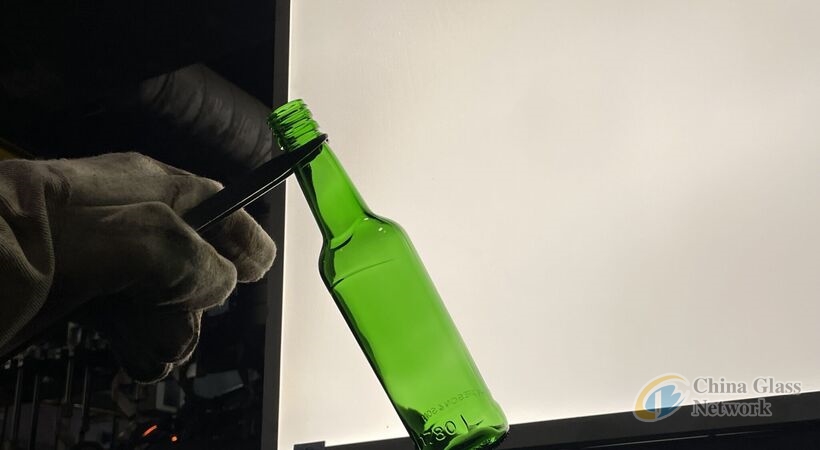Post Time:Mar 22,2025Classify:Industry NewsView:70

UK glass manufacturers took part in successful trials focused on the use of alternative fuels in industrial manufacturing.
The trials, organised by Glass Futures were focused on investigating ways to decarbonise industrial manufacturing.
One trial involved the use of liquid biofuels in glass production at four UK container glass plants.
Another involved an e-boosting system at a Guardian float glass plant and an Encirc container glass facility.
The third demonstrated hydrogen and hydrogen-natural gas blend firing in a custom-designed ceramics pilot-kiln at the Glass Futures pilot facility in the UK.
Biofuels
Industrial trials at the end of 2024 and the start of 2025 used five different liquid biofuels in glass and ceramics production.
The trials involved four UK glass manufacturers — Ardagh Glass Packaging, Encirc, Pilkington UK and O-I Glass— as well as DSF Refractories & Minerals.
It included modification and adoption of existing liquid fuel systems at the glass plants.
The demonstrations will help Glass Futures develop an economic model for switching to biofuels, providing insights into the feasibility of this alternative fuel as an option to help decarbonise industry.
Electrification
Electric boosting technology involves heating the molten glass via electrodes which are inserted into the molten glass within the furnace.
E-boosting enhances furnace efficiency and is an enabler to heat glass using electricity to reduce reliance on natural gas and other fuels.
Glass Futures’ member and float glass manufacturer Guardian Glass trialled an e-boosting system at its Goole, UK facility.
Encirc also carried out e-boost trials on a container glass production line.
Glass Futures is developing its 30t/day oxy-fired pilot furnace to reach a higher percentage of electrical boosting.
Further pilot trials are planned later this year to assess the maximum levels of e-boost that can be achieved – which is potentially more than 60%.
The trials will also assess the rate at which the boost system can be turned up or down, to respond to supply/demand constraints on local electricity grids.
Hydrogen
In a project led by Ceramics UK, Glass Futures and hydrogen supplier Ryze Power demonstrated hydrogen and hydrogen-natural gas blend firing in a custom-designed ceramics pilot-kiln at the Glass Futures pilot facility.
The operation of the pilot kiln firing on 100% hydrogen and other blends provided insights into the impact of hydrogen on ceramic products including bricks, tiles, refractories, pipes, sanitaryware, tableware and specialty ceramics.
These findings further support the case for hydrogen as a viable alternative for direct combustion processes where electrification is currently not an option.
Justin Kelly, CEO of Glass Futures said the trials were a milestone in the UK’s journey to net zero.
“It not only demonstrates the technical feasibility of low-carbon fuel alternatives but also opens up new opportunities for economic growth through sustainable energy supply chains.”
These projects form part of the UK’s Industrial Fuel Switching (IFS) Programme, supported by the government’s £1 billion Net Zero Innovation Portfolio managed by the Department for Energy Security & Net Zero (DESNZ).
Source: www.glass-international.comAuthor: shangyi
PrevGroupe Pochet inaugurates electric glassmaking furnace
Lattuada to Showcase Advanced Glass Processing Solutions at VITRUM 2025Next